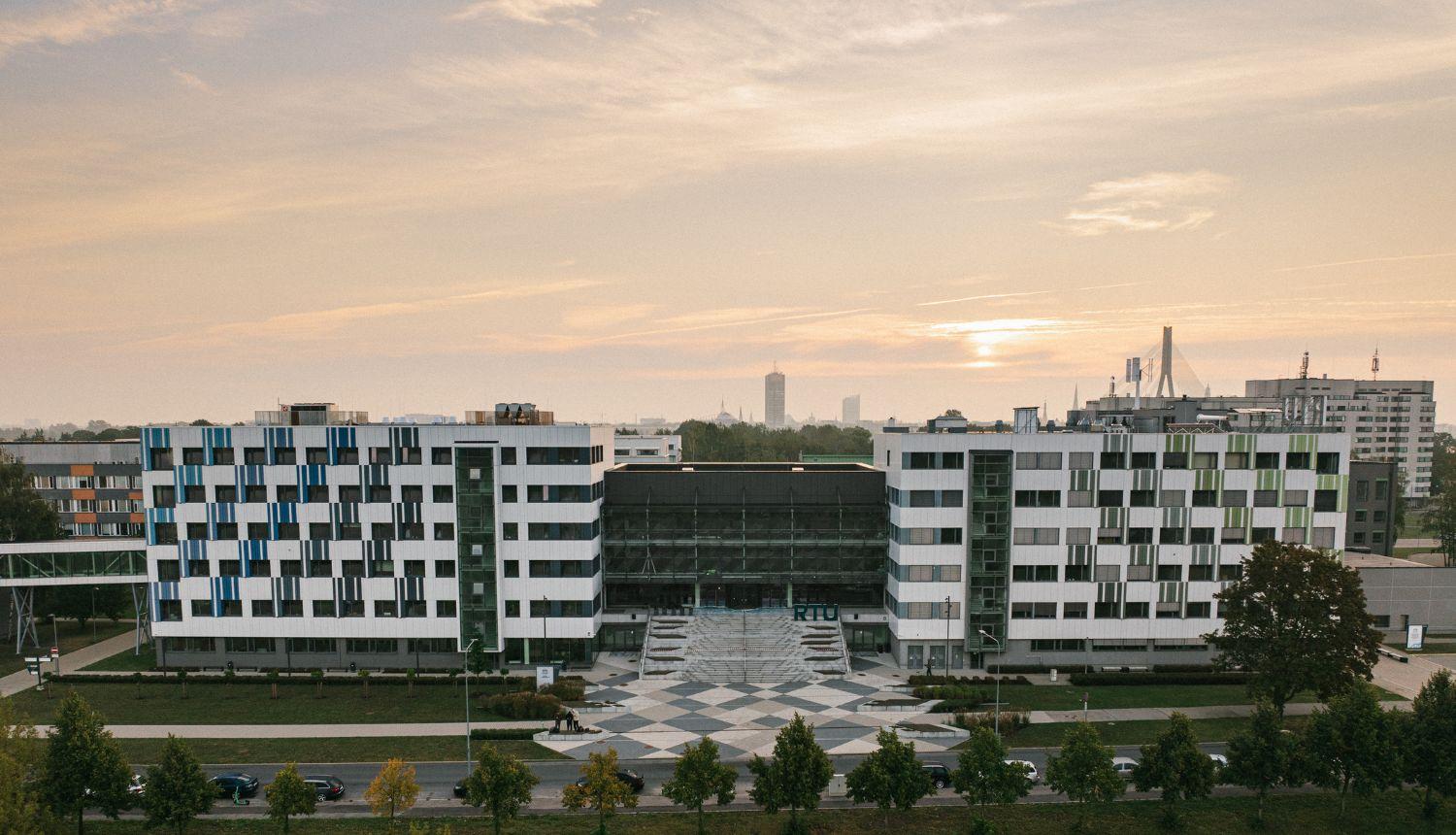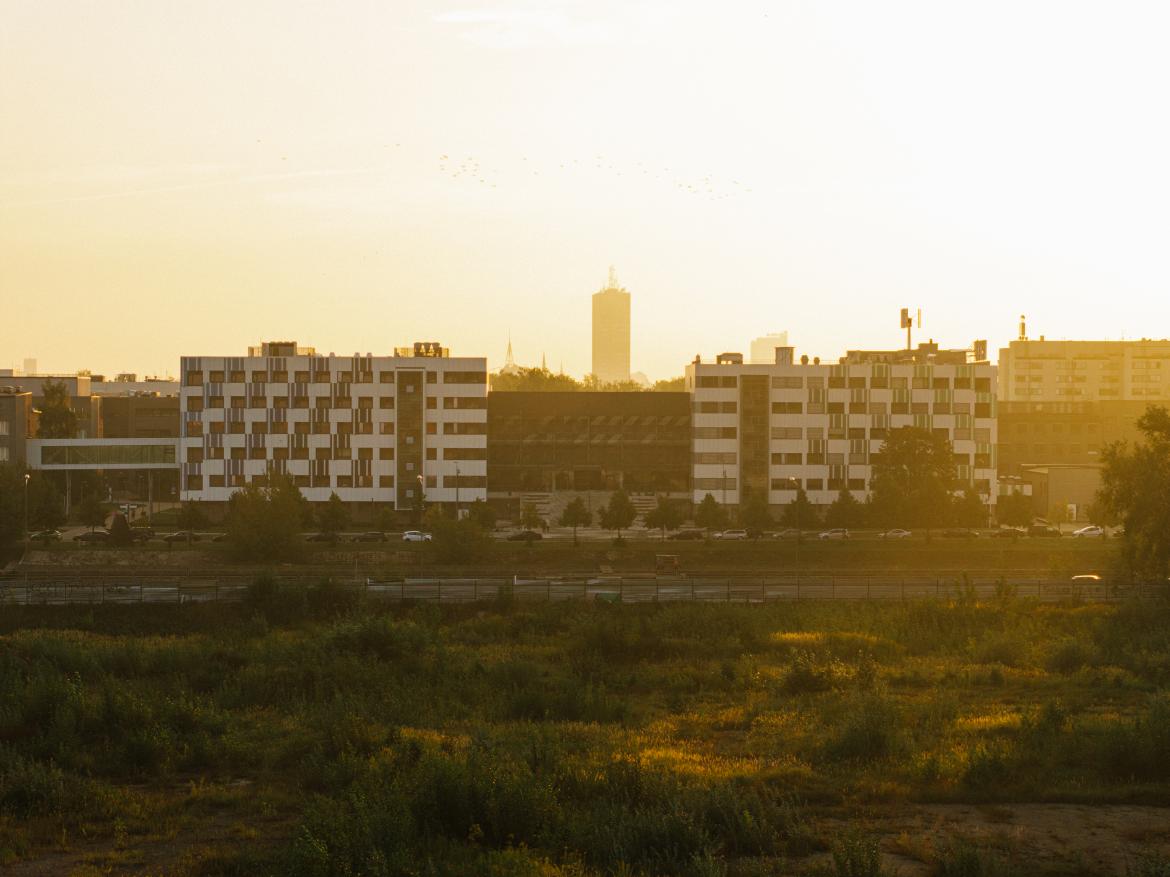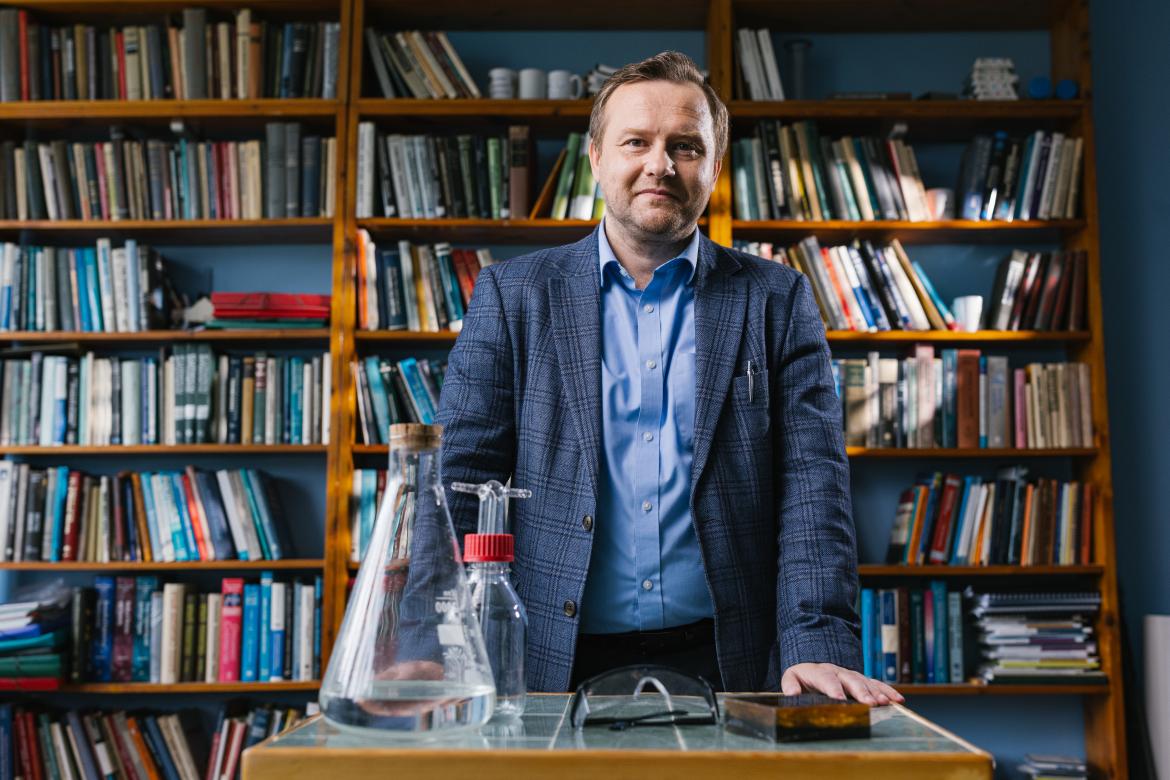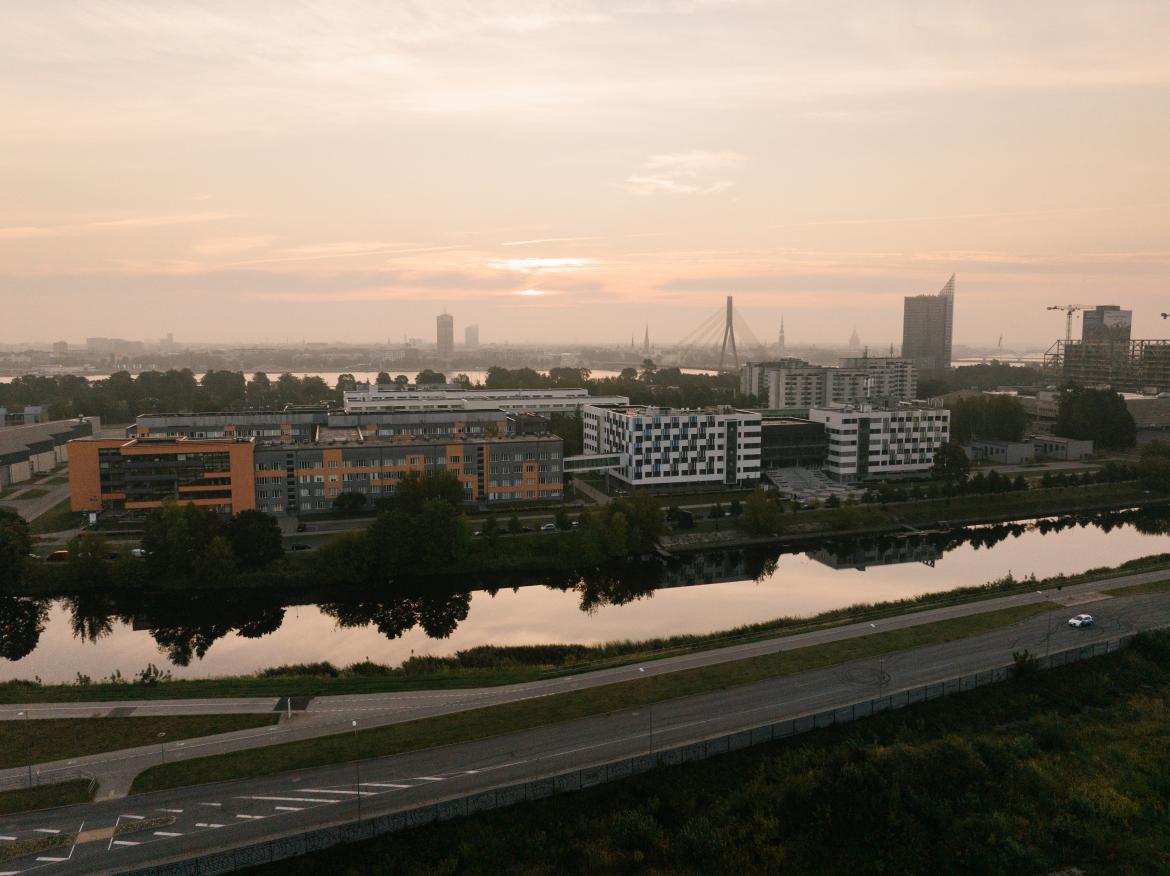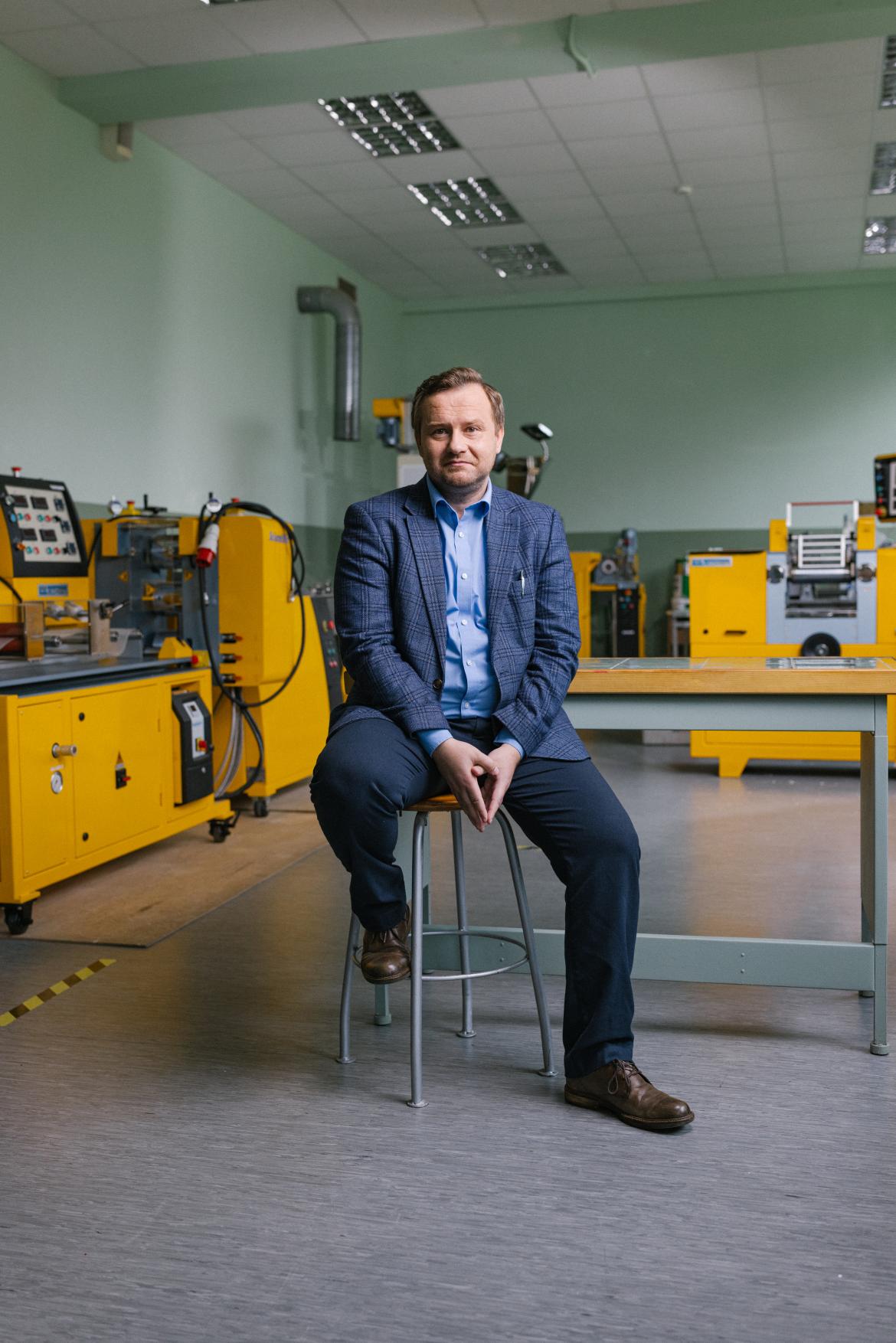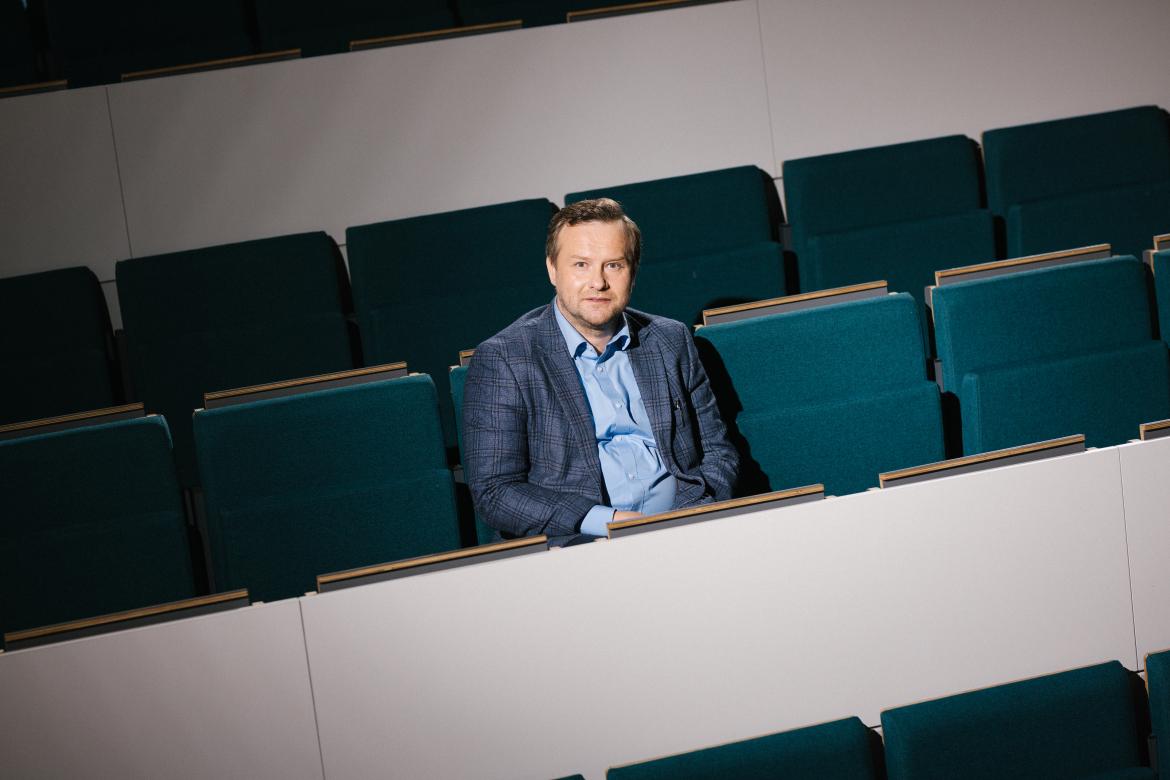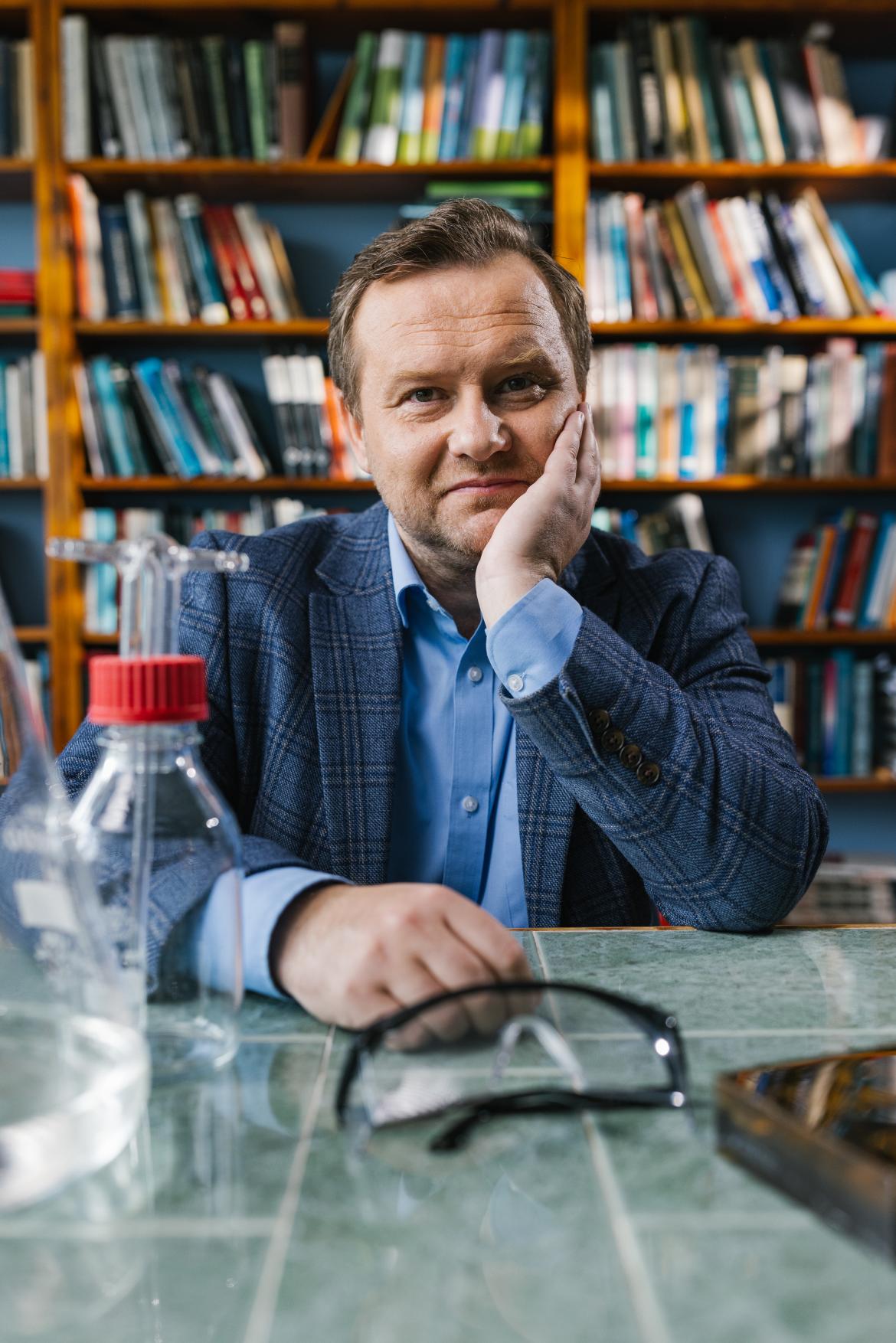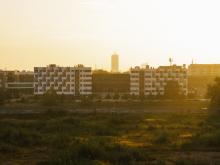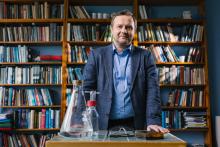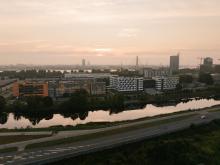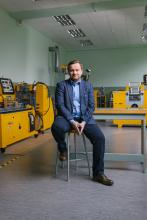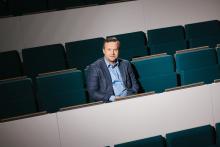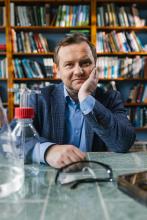In October, when Riga Technical University (RTU) celebrates its anniversary, the science communication brand researchLatvia highlights RTU’s remarkable contribution to research. Latvia’s future growth depends on its ability to transform the national economy into one based on knowledge and technology. By educating future engineers and leaders, creating and commercialising world-class expertise and technologies, RTU plays a pivotal role in this transformation.
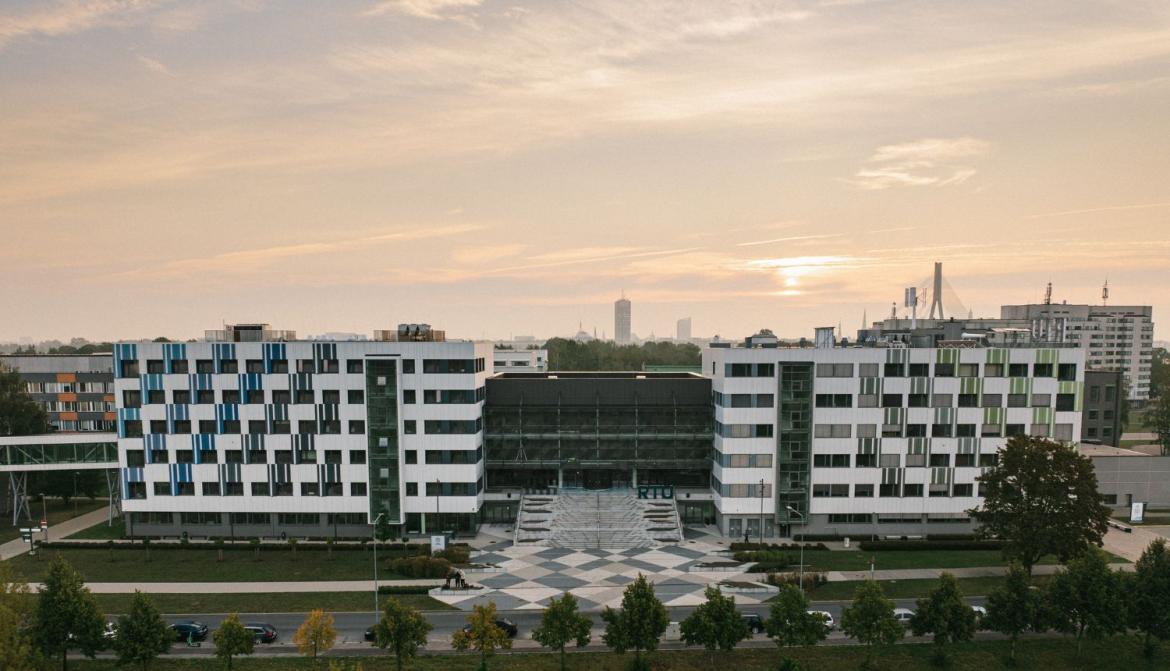
RTU is a Member of researchLatvia – a science communication initiative uniting 12 leading Latvian research institutions that conduct internationally recognised studies and provide science-based solutions to meet societal needs.
Founded 163 years ago to promote industrialisation and build Latvia’s industrial elite, RTU today, in close cooperation with both local and international industry and with an ever-expanding global outlook, offers even more in the fields of technology, expertise, and scientific excellence. Its research spans high technologies, defence and dual-use technologies, energy and climate, innovative and personalised medicine, biotechnology, and many other sectors.
At the Vanguard of Digital Technologies
A striking example of RTU’s scientific excellence and global value creation is the cutting-edge research in next-generation communication technologies conducted by scientists at the Institute of Photonics, Electronics and Telecommunications at the RTU Faculty of Computer Science, Information Technology and Energy Engineering.
Their internationally acclaimed research includes the integration of innovative ring resonator modulators into optical communication systems operating without signal amplification, and high-speed data transmission systems using directly modulated quantum cascade laser technology for long-wave infrared (LWIR) free-space optical communications. These and other studies will enable faster, safer, and more energy-efficient large-scale data transmission, essential for the performance of data centres, 5G and 6G networks, and the advancement of artificial intelligence.
In future communication technologies, RTU scientists are among the global leaders, developing entirely new research directions such as nanophotonics, collaborating with world-leading experts and companies, and receiving numerous awards and recognitions. Their achievements have also laid the groundwork for the establishment of a microchip competence centre in Latvia, developed in partnership with RTU.
RTU researchers also advance digital twin technologies in diverse fields, from preserving cultural heritage sites to enhancing energy and military security. The university is becoming Latvia’s and the Baltic region’s leader in unmanned technologies across air, land, water, and underwater environments. With expertise and advanced infrastructure, including RTU’s High-Performance Computing (HPC) Centre, soon to be enhanced with AI infrastructure for faster big data analysis, simulations, and AI solutions in various industries, particularly in biomedicine and early childhood oncology diagnostics, RTU is driving digital innovation and economic growth.
Notably, RTU, including RTU Rezekne Academy of Technologies, along with the University of Latvia, Ventspils University of Applied Sciences, and the National Library of Latvia, recently joined the CERN supercomputer network, expanding opportunities for Latvian scientists to perform complex computational tasks. Moreover, the European Commission has recently approved the establishment of the Artificial Intelligence Competence Centre “AI Factory Antenna – Latvia (AIFA-LAT)”, led by RTU and its partners, to strengthen Latvia’s AI capacities and expertise.
The Future of Personalised Regenerative Medicine
At RTU’s Institute of Biomaterials and Bioengineering, part of the Faculty of Natural Sciences and Technology, scientists at the Baltic Biomaterials Centre of Excellence (BBCE) develop innovative biomaterials and drug delivery systems for controlled and localised release of active substances, making treatments more effective and patient-friendly. Drugs are released directly from biomaterials in precise doses to act on damaged tissues.
Researchers are also developing “organ-on-a-chip” technologies for drug testing, including personalised treatments for rheumatoid arthritis. The BBCE’s state-of-the-art equipment enables the exploration of new biomaterials, including materials for 3D printing of human organs.
Scientific Excellence
BBCE is just one example of RTU’s scientific distinction. At the Institute of Physics and Materials Science, tenure professor and Latvian Academy of Sciences academician, PhD Andris Šutka and his team are developing polymer triboelectric materials and studying their properties, research that could revolutionise the conversion of mechanical energy into electricity for powering various devices.
Mechanical energy from vibrations, human motion, wind, and waves can be converted into electricity for autonomous low-power devices such as sensors, detectors, and wireless transmitters, reducing environmental impact while increasing efficiency. Traditionally, piezoelectric fluoropolymers have been used, but they pose ecological challenges. A. Šutka’s team, in collaboration with the University of Melbourne and RMIT University in Australia, attracted global attention with their research on converting polystyrene waste into electromagnetically responsive triboelectric laminates.
His outstanding scientific work in triboelectrification was highly evaluated by the European Research Council (ERC). Although the project received an “A” grade, it was not funded due to limited resources; nevertheless, funding was secured from the European Regional Development Fund to continue developing methods for controlling and applying the triboelectric effect of polymers for mechanical-electrical-chemical conversion.
RTU also maintains strong cooperation with CERN, where both RTU and University of Latvia doctoral students in the joint PhD programme Particle Physics and Accelerator Technologies are conducting research. RTU’s Institute of Particle Physics and Accelerator Technologies, established a few years ago, represents the university at CERN and contributes to the CMS (Compact Muon Solenoid) experiment aimed at discovering new physical phenomena.
The first RTU doctoral thesis in collaboration with CERN has already been defended. PhD Guntis Pikurs, an RTU engineer, completed his PhD on the application of additive manufacturing in constructing a compact radio frequency quadrupole. Work has also begun on establishing a Baltic Particle Therapy Centre, based on CERN’s accelerator technology principles, to combine advanced cancer treatment, research, and industrial collaboration.
A Messenger of Change
To enhance research commercialisation and transform scientific results into high-value-added products and services, RTU continues to strengthen its innovation ecosystem, intensifying cooperation with national and international industry partners, engaging students early in research and innovation, and developing entrepreneurial skills among researchers and students.
RTU was the first university in Latvia to introduce a tenure track system, attracting and retaining top academic talent. Today, RTU employs 11 tenure professors from Latvia and abroad, with more to join soon.
It was also the first university to introduce year-round PhD admissions, offering doctoral candidates not just studies but real employment opportunities. RTU pioneered industrial doctorates, where doctoral research directly addresses specific company needs, encouraging early collaboration between academia and industry. This model is now being expanded to include industrial master’s programmes and industrial professorships.
Student collaboration with industry is further promoted through hackathons and idea-generation events. At the same time, early research involvement is offered through the Vertically Integrated Project. This unique initiative brings together students from various programmes and study levels to collaborate on long-term research projects under the supervision of professors. RTU was again the first in Latvia to launch this programme.
Watch the video featuring this month’s researchLatvia calendar scientist, Dr. sc. ing. Sergejs Gaidukovs.
